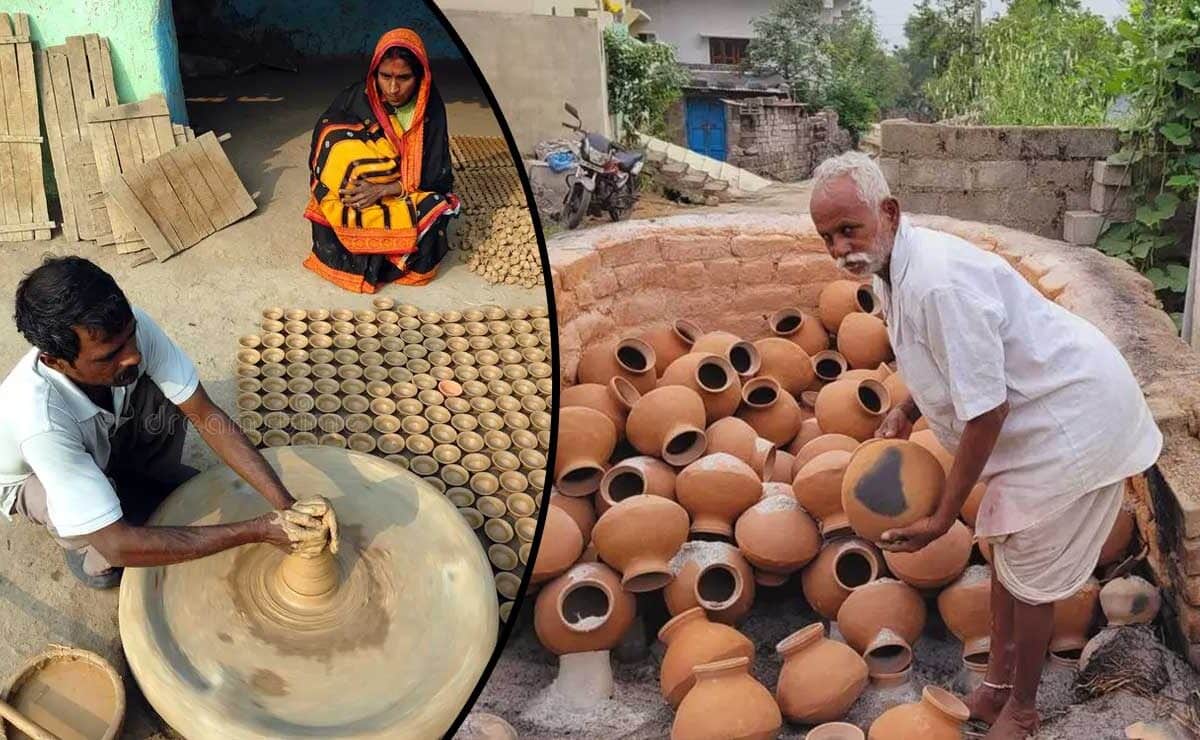Telangana’s Backward Classes: Who Speaks for Their Rights and Representation?
While the ruling Congress government is pushing for an increase in BC reservations, opposition parties Bharat Rashtra Samithi (BRS) and the Bharatiya Janata Party (BJP) have raised concerns over population estimates and inclusion criteria.

Hyderabad: The Telangana government’s caste survey has sparked heated political debates over social justice, backward class (BC) representation, and reservation policies.
Table of Contents
While the ruling Congress government is pushing for an increase in BC reservations, opposition parties Bharat Rashtra Samithi (BRS) and the Bharatiya Janata Party (BJP) have raised concerns over population estimates and inclusion criteria.
Congress Pushes for Increased BC Reservations
On March 6, 2025, the Telangana Cabinet approved draft Bills to enhance BC reservations in education, employment, and local body elections. The government aims to pass these Bills in the March Assembly session (dates yet to be announced).
The proposed increase includes:
- BC reservation in local body elections to rise to 42%
- Enhanced quotas in education and employment from 29% to 42%
Telangana Caste Survey Findings
The Telangana Caste Survey (Socio-Economic, Education, Employment, Political, and Caste Survey) concluded on December 25, 2024. Chief Minister Revanth Reddy released key findings on February 4, 2025:
- Backward Classes (BCs): 56.33% (including 10.08% BC Muslims)
- Scheduled Castes (SCs): 17.43%
- Scheduled Tribes (STs): 10.45%
- Other Castes (OCs): 15.79% (including 2.48% OC Muslims)
Also Read: TSPSC Group-II Results Out Today! Check Your Ranking Now
Despite covering 96.9% of Telangana’s 3.7 crore population, the absence of Christian population data has raised questions.
BJP and BRS Challenge Survey Findings
Both BJP and BRS have accused the Congress of undercounting the BC Hindu population, pointing to stagnant population figures over the years. The BJP has also objected to the inclusion of Muslims in the BC category, calling it unfair to Hindu BCs.
State Minister for Backward Classes Welfare Ponnam Prabhakar dismissed these claims, stating:
“The BJP is fundamentally opposed to a caste census, and BRS leaders, including K. Chandrashekar Rao, did not even participate in the survey.”
Survey Accuracy & Population Debate
The survey faced allegations of undercounting, especially in Greater Hyderabad, where 3.56 lakh houses were yet to be covered. Independent estimates suggest that 30-45 lakh people may have been left out.
Comparisons with other datasets have further fueled the debate:
- Election Commission data (April 2024): 3.32 crore voters (18+ age group)
- School Education Data: 60 lakh students (under 17 years)
- Technical Group on Population Projections (2020 report): 3.85 crore (by 2025)
- UIDAI-Aadhaar Report (2022-23): 3.80 crore
Concerns Over Transparency
Despite earlier promises, the Congress government has withheld granular caste survey data, similar to how the BRS government in 2014 kept Samagra Kutumba Survey (SKS) data confidential. A leaked 72-page document from the Telangana government’s MCRHRDI website provided partial insights but was quickly removed after going viral.
Congress leaders disagree on whether to release caste-wise data, fearing backlash from dominant communities. However, public policy experts and activists argue that transparency is crucial for ensuring social justice.
Legal & Political Challenges Ahead
The Bihar caste survey case in the Supreme Court set a precedent that caste survey data should be publicly available for scrutiny. Legal experts believe Telangana’s refusal to release full data may not hold up in court.
The Telangana BJP faces a dilemma over BC reservations. While the party opposes Muslim inclusion in BC quotas, its national leadership, including PM Narendra Modi, has been courting Pasmanda Muslim voters—who fall under the BC category in several states.
Future of Telangana’s Reservation Policy
The Telangana government is exploring legal options to bypass the 50% reservation cap, possibly by seeking inclusion under the 9th Schedule of the Constitution, following the Tamil Nadu model.
Additionally, the Congress government has promised:
- Caste-specific corporations & interest-free loans
- A separate MBC (Most Backward Classes) welfare ministry
- Annual allocation of ₹20,000 crore for BC welfare (up from ₹9,200 crore)
What’s Next?
The final caste survey report is yet to be tabled in the Assembly, but it remains the foundation for key policy changes. With elections approaching, the battle over reservations, transparency, and BC representation is set to intensify in Telangana politics.

